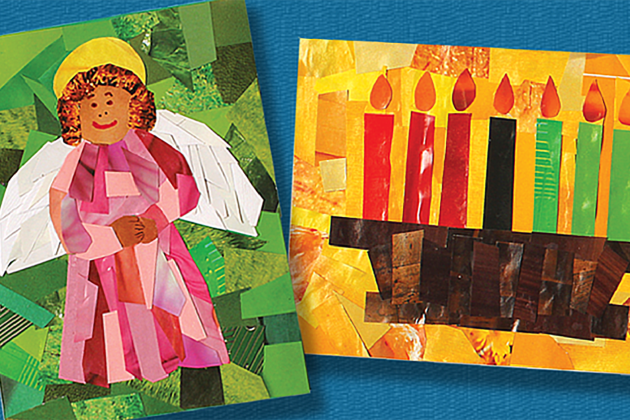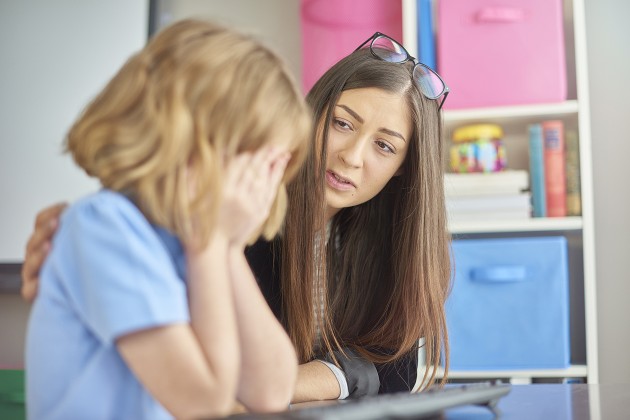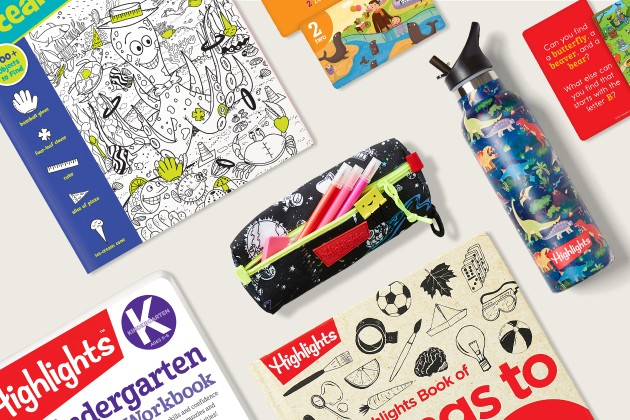6 Reasons Roughhousing is Good for Children

Don’t be afraid to let your kids get a little wild with rough-and-tumble play. A little horseplay helps them grow!
If you’re looking for a way to boost your kid’s smarts, make them a better friend and teach them how to problem solve, look no further than roughhousing. Believe it or not, wrestling, flips, games of chase and other rough-and-tumble play all have huge benefits for young children. Yes, it can be scary to watch, but it’s worth it. Read on to learn why.
What Roughhousing Really Is
Real roughhousing is physically active play that’s joyful but a little risky. The shrieks of laughter are part of the fun. Although there might be one parent who's more likely to engage in roughhousing, everyone should feel invited to join in, even (or especially) pairs of children and small groups of kids without adults.
The key is that all participants are willing. Usually, there is an arc of play in which kids start slow, get revved up and then calm down. Ideally, you should allow this cycle to run its course. Otherwise, kids will be out of sync and their mood and behavior can be affected.
As early as the toddler years, children may start to try out this type of rowdy play. By around age 3 or 4, kid-led roughhousing is at its peak—but it continues all the way up to age 9 or 10 and can even benefit kids older than that.
The 6 Benefits of Roughhousing
Anthony DeBenedet, M.D., is a physician and dad who’s on a mission to promote rough-and-tumble play and wrote a book on the topic, The Art of Roughhousing. He and other doctors and research scientists have identified some of the unexpected ways that horseplay helps kids learn and grow by giving them:
Bigger, better brains
Intense, physical play stimulates and helps develop areas of the brain that control emotional memory, language and logic. Research shows that when kids roughhouse at home, they do better in school and have better relationships with friends.
Self-control
Adults (usually without even thinking about it) hold back some of their strength and force them to keep things safer for everyone. Kids pick up on that to learn a valuable lesson about self-control and handling an imbalance of power. Plus, kids occasionally need to blow off steam. When they have opportunities to roughhouse at home with loving adults, they are less likely to play too aggressively or take unsafe risks when they’re away from parents’ watchful eyes.
Social skills
Rough-and-tumble play gives kids an opportunity to read each other’s body language and facial expressions. Those are social cues all kids need to master to make and keep friends and succeed in group settings, like classrooms and teams.
Safe aggression
Aggressiveness doesn’t seem like a quality we want our kids to have, but they do need to learn persistence and how to take the right kinds of risks (think: sticking up for themselves if they’re falsely accused of misbehavior or pushing themselves to try a challenging new sport). Kids can learn that physical contact does not have to be violent as well as gain confidence in their physical skills.
Flexible thinking
Rough-and-tumble play is unpredictable, so it makes kids think on their feet (or while hanging upside-down or clinging to an adult’s back). That translates into problem-solving skills. And figuring out, together, what’s fun and what’s not helps kids learn how to negotiate and be leaders.
Physical fitness
Kids tend to spend a lot of time in sedentary activities, but their muscles need to move every day. Roughhousing challenges those muscles and gets kids up off the couch. Plus, it stimulates endorphins, the body’s natural pain and stress fighters, as well as oxytocin, the hormone we get from physical contact, which makes us feel loved.









